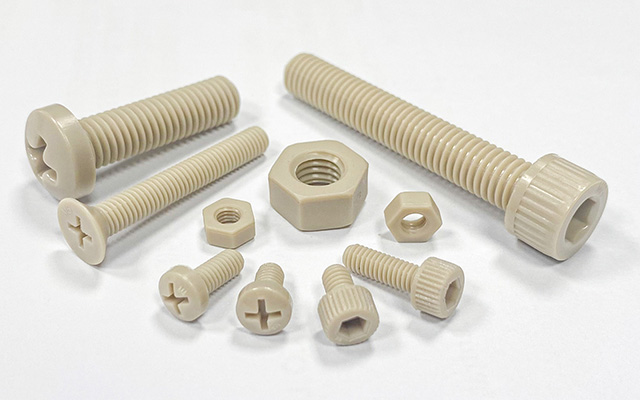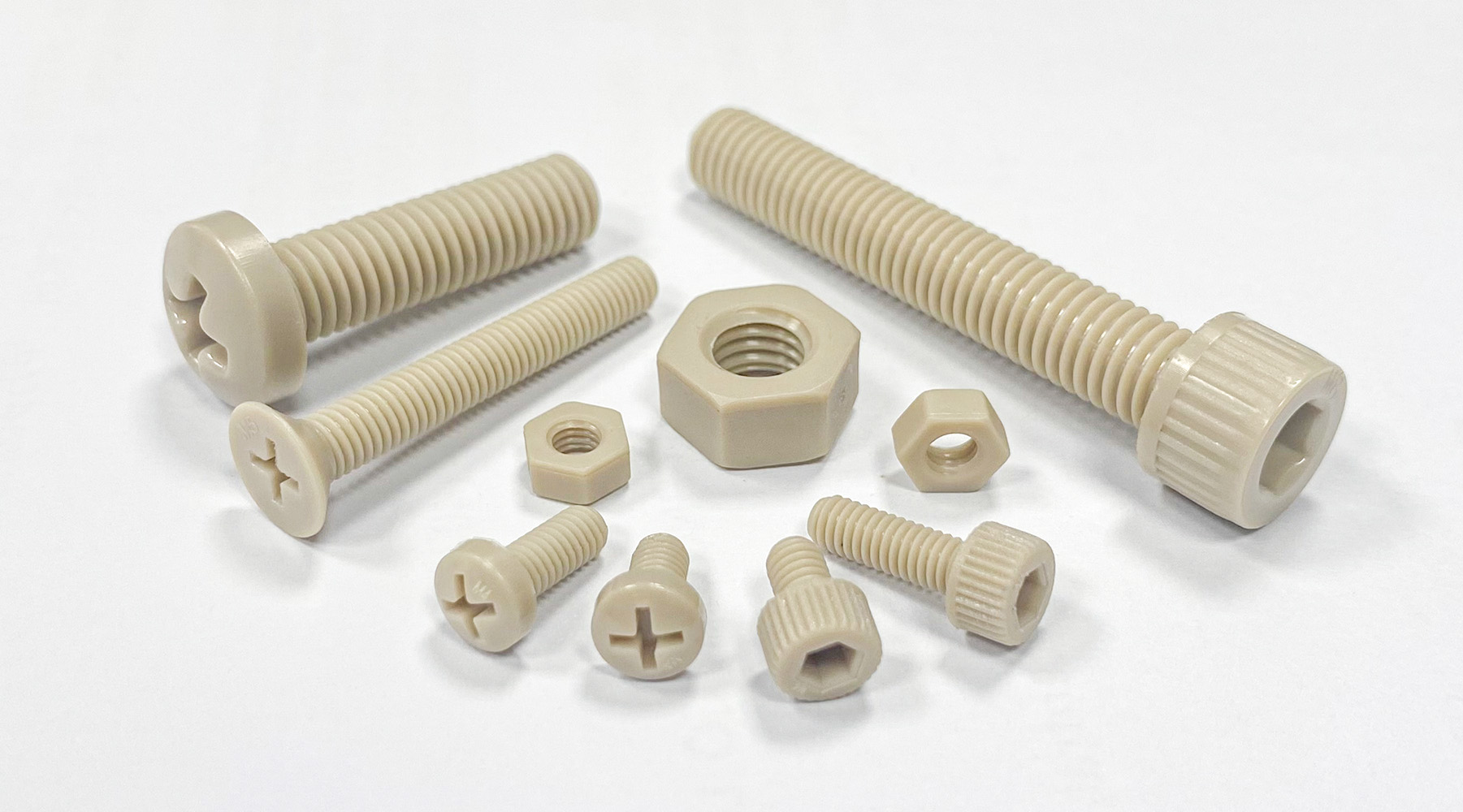

Introduction
1. What Makes Aerospace Applications Unique?
Stringent weight and performance requirements
The limits of conventional metal fasteners
2. Overview of PEEK Material in Aerospace
Properties of PEEK material (lightweight, high strength, chemical resistance)
Why it is preferred over traditional metals in certain aerospace components
Long-term performance advantages
3. Advantages of PEEK Screws in Aerospace Engineering
Weight reduction and fuel efficiency
Thermal stability in extreme environments
Corrosion resistance against aerospace fluids and chemicals
Electrical insulation and non-magnetic properties
Extended lifecycle vs metal fasteners
4. Types of PEEK Machine Screws for Aerospace
Pan head, countersunk, socket head, and specialty designs
Available thread sizes and standards (metric, inch)
Custom aerospace-grade screw manufacturing
5. Aerospace Applications of PEEK Screws
Aircraft interiors and cabin equipment
Satellite and spacecraft components
Drone and UAV assemblies
Avionics and electronics fastening
Defense and military aerospace applications
6. Compliance and Standards for Aerospace Fasteners
ISO, DIN, ASTM requirements
Aerospace material testing and traceability
Why certified suppliers matter
7. The effectivity compare PEEK Screws and Metal Screws
Weight strength comparison (PEEK vs titanium, stainless steel, aluminum)
Corrosion resistance differences
Cost-effectiveness over the lifecycle of the aircraft
Use cases where metals are still required
8. How to choosing the Right Supplier for Aerospace-Grade PEEK Screws
What to evaluate: certifications, testing, production capacity
Importance of aerospace experience in suppliers
Global vs regional sourcing considerations
Risk management in supply chains
9. Future Outlook: The Role of PEEK in Next-Gen Aerospace
Growing demand for lightweight composites
Role in electric aircraft and space exploration
Trends in advanced polymers for aerospace fasteners
